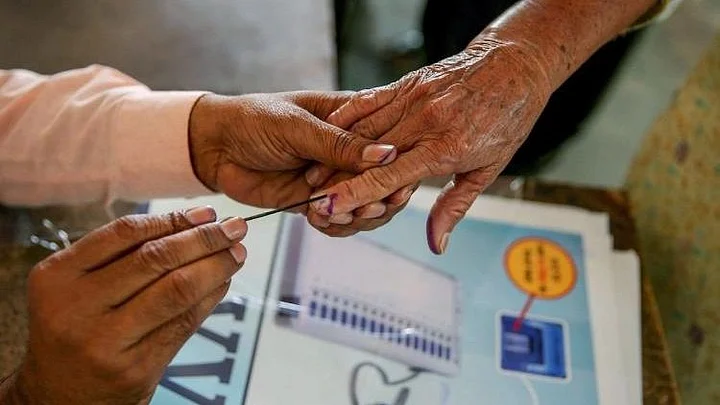The Telangana State Election Commission (TSEC) on Wednesday, 6 October, said that it has developed the country's first smartphone-based eVoting solution considering the COVID-19 pandemic that has rushed the world into all-digital operations.
The solution has been successfully developed and tested and its dry run in the form of a dummy election is being conducted in Khammam district with the registration on the application open from 8 October -18 October and the dummy voting on 20 October, an official release said.
Though the initial scope was limited to a subset of citizens, the dry run is open for all citizens of the district, the release said.
The initiative has been driven by the Telangana State Election Commission with the implementation support of Emerging Technologies Wing of the IT Department of the state and Centre for Development of Advanced Computing (CDAC), it said.
The technical development has also been guided by an expert committee, comprising Professor Rajat Moona, Director of IIT Bhilai and Technical advisor to Election Commission of India, and professors from IIT Bombay and IIT Delhi, the release said.
The initiative originated from the State Election Commission's plan to enable e-Voting' facility to certain sections of voters such as Persons with Disabilities (PWD), Senior Citizens, citizens employed in notified essential services, sick people, polling personnel and IT Professional, besides others. The solution leverages emerging technologies such as Artificial Intelligence and Blockchain (Distributed Ledger) technology, it added.
It must be noted that Telangana has also piloted the use of facial recognition software in the polls, despite criticism of invasion of privacy and surveillance from experts and political party AIMIM.
Last year during the municipal elections held in Kompally municipality of Medchal-Malkajgiri district and the subsequent Greater Hyderabad Municipal Corporation elections, the controversial tool which supposedly eliminates the possibility of impersonation by fake voters was tested.
In this process of verifying voters through facial recognition, the additional polling officer equipped with the smartphone verifies the identity proof of the voter and then takes a photograph and uploads them to the server using the face recognition app installed in the phone. The photo is then compared with the data available with the Election Commission.
Amidst apprehensions of photos of the voters being used for surveillance purposes, the State Election Commissioner had then assured that the photos will be erased from the memory of the mobile phone used in the polling station and also the server of TSTS (Telangana State Technology Services).
(Published in an arrangement with The News Minute)
(At The Quint, we question everything. Play an active role in shaping our journalism by becoming a member today.)
